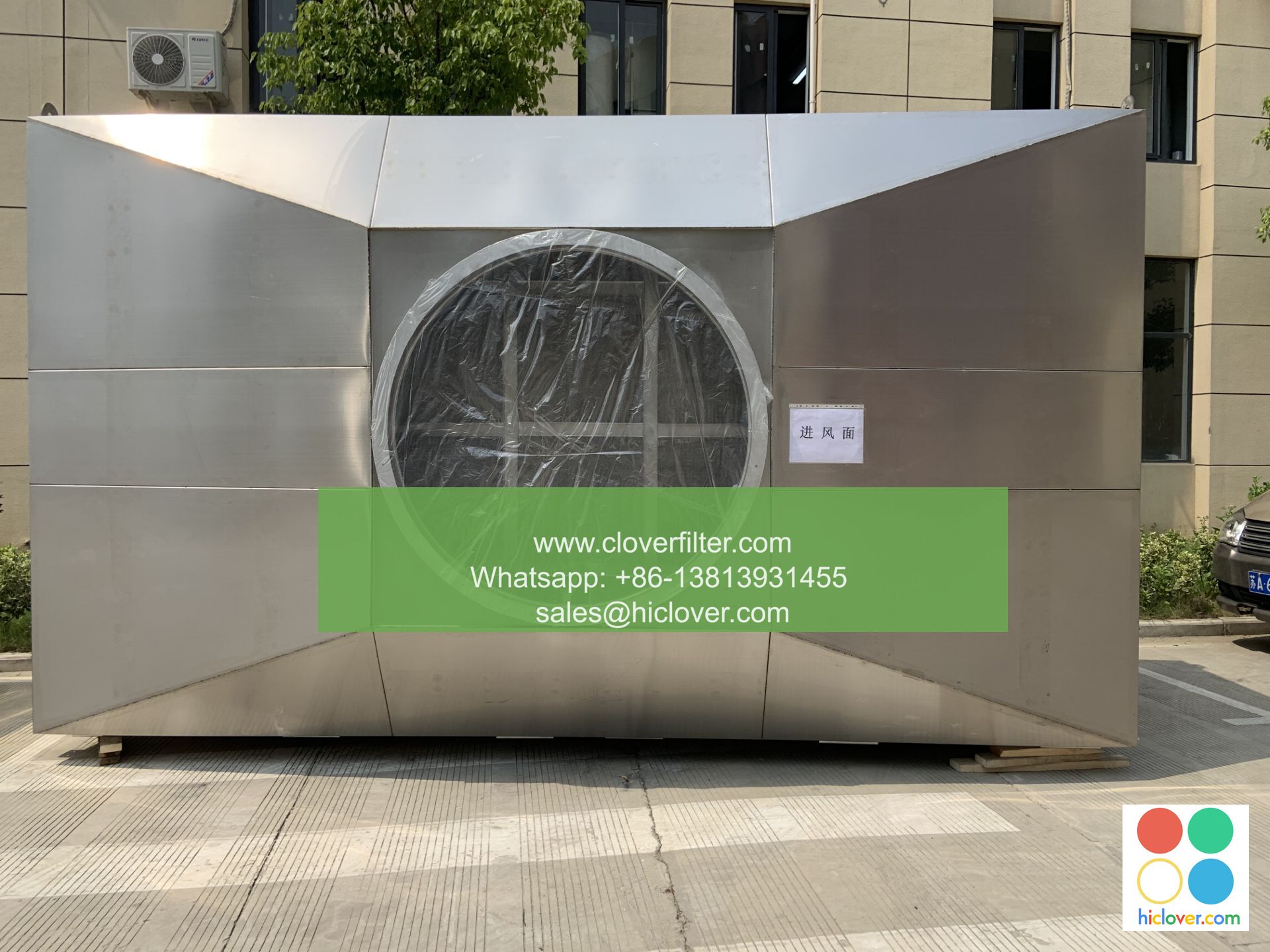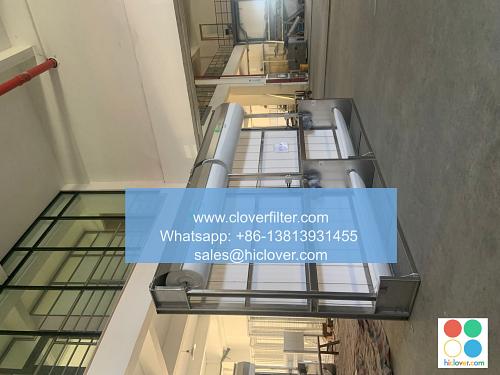The Importance of Air Filter Data in Healthcare Facilities

Air filter data plays a crucial role in maintaining a healthy indoor environment in healthcare facilities. The indoor air quality (IAQ) in hospitals, clinics, and other medical facilities is vital for the well-being of patients, staff, and visitors. Air filtration systems are designed to remove airborne contaminants, such as bacteria, viruses, and other microorganisms, which can cause infections and allergic reactions.
Air Filter Data and Infection Control
Air filter data is essential for infection control in healthcare facilities. High-efficiency particulate air (HEPA) filters and ultra-low penetration air (ULPA) filters are commonly used to remove 99.97% of particles as small as 0.3 microns, including bacteria, viruses, and fungi. By monitoring air filter performance and maintenance schedules, healthcare facilities can reduce the risk of hospital-acquired infections (HAIs) and ensure a safe environment for patients and staff.
Application Areas for Air Filter Data
Air filter data has various application areas in healthcare facilities, including:
* Operating rooms (ORs): Air filter data is critical in ORs, where sterile conditions are required to prevent surgical site infections (SSIs).
* Intensive care units (ICUs): Air filter data helps to maintain a healthy environment for critically ill patients, who are more susceptible to infections.
* Isolation rooms: Air filter data is essential in isolation rooms, where patients with infectious diseases are treated, to prevent the spread of pathogens.
* Pharmacies: Air filter data is important in pharmacies, where sterile compounding is performed, to prevent contamination of medications.
Benefits of Air Filter Data Analysis
Analyzing air filter data can bring numerous benefits to healthcare facilities, including:
* Improved IAQ: By monitoring air filter performance, healthcare facilities can ensure that the air is clean and healthy for patients and staff.
* Reduced risk of HAIs: Air filter data analysis can help identify areas for improvement in infection control, reducing the risk of HAIs.
* Increased patient satisfaction: A healthy indoor environment can lead to increased patient satisfaction and improved health outcomes.
* Cost savings: Regular air filter maintenance and replacement can help reduce energy costs and extend the life of HVAC systems.
Conclusion
In conclusion, air filter data is a critical component of maintaining a healthy indoor environment in healthcare facilities. By monitoring and analyzing air filter data, healthcare facilities can reduce the risk of infections, improve IAQ, and increase patient satisfaction. Regular air filter maintenance and replacement are essential to ensure the efficacy of air filtration systems and provide a safe and healthy environment for patients, staff, and visitors. You haven’t asked a question or provided any context. Could you please provide more information or clarify what you would like to know? I’ll do my best to provide a helpful and direct response.

